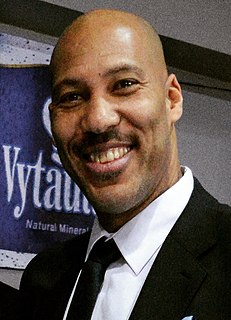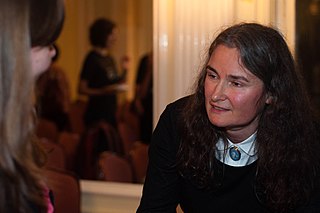A Quote by Colson Whitehead
Some people don't like my fiction, because they prefer the nonfiction. But moving around keeps the work fresh for me and, hopefully, for my one or two readers who follow me from book to book!
Related Quotes
I think, about the distinction between fiction and nonfiction. Fiction is not really about anything: it is what it is. But nonfiction - and you see this particularly with something like the BBC Samuel Johnson Prize for Non-Fiction - nonfiction we define in relation to what it's about. So, Stalingrad by Antony Beevor. It's "about" Stalingrad. Or, here's a book by Claire Tomalin: it's "about" Charles Dickens.
The challenge is always to find the good place to end the book. The rule I follow with myself is that every book should end where the next book would logically begin. I know that some readers wish that literally all of the threads would be neatly tied off and snipped, but life just doesn't work that way.
I like the idea of standalone novels. I always found with series of books, it's something that publishers love obviously because they can make a lot of money and they build an audience from book to book, but I don't like that as a writer. I prefer the idea of just telling a story, completing it within your book, and moving on and not forcing a child to read eight of them.
It's very bad to write a novel by act of will. I can do a book of nonfiction work that way - just sign the contract and do the book because, provided the topic has some meaning for me, I know I can do it. But a novel is different. A novel is more like falling in love. You don't say, 'I'm going to fall in love next Tuesday, I'm going to begin my novel.' The novel has to come to you. It has to feel just like love.
If you can find two poems in a book, it could be a pretty good book for you. You know, two poems you really like. There are some poets who are fairly big names in contemporary poetry and who write a book and I might like three or four poems in the book, but the rest of them don't appeal to me personally; but I think that's the way it really ought to be. I think it's really a rare thing to like everything that somebody has written.
The only thing I hope for is that, regardless of what the outward world is for different people, different nations, I hope their internal world is similar. And if I, hopefully, have managed to somehow describe my inner world in this book, all I count on is that it will have some resonance among the American readers, or, at the very least, the American readers will treat this book as a kind of a guidebook for my inner world, strange as it may appear.






































